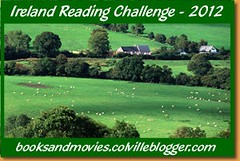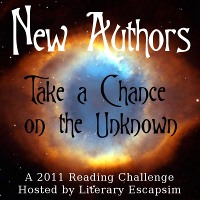
From "Amplified Melancholy" (page 8): . . . and all I can tell you is that on the tenth anniversary of dad's passing, the doctors removed my right breast and five years later stabbed by a second diagnosis, bone marrow malignancy, no cure, just treatment -- the holiday lights sharpened. Past dripping menorah candles, . . .
Emotions run the gamut in this collection from fear to nostalgia for the past, and a new understanding of how the past has shaped each of us. She sees the grandfather in her son in “Your Camera” as he approaches the world behind the viewfinder of a camera. There is fearsome beauty in Raab’s poems as she explores the wild with her family, even though her trip is controlled. The beauty of the sunrises and sunsets, the hidden dangers of genteel looking hippos, and the fight for survival among all nature’s creatures. For example: “The forces of life and death/are at play like the day I found/my grandmother dead in her bed –//” (from “The Scent of Death” on page 19) and “We are snapped into silence, the comes the roar/of dragon breath and then silence again./The purple scarred panorama lingers//” (from “Balloon Rides” on page 21).
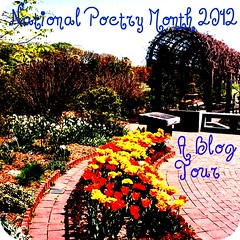
Listening to Africa by Diana M. Raab is a wonderful reminder that we each struggle for survival, though we all may not live in the wilds of the jungle. Raab is a talented poet who takes her memorist talents and weaves them into imagery and verse that creates emotional tension and verse readers can reflect upon and apply to their own lives.
Poet Diana Raab
About the Poet:
Diana M. Raab is a memoirist, essayist and poet. She has a B.S. in Health Administration and Journalism, and an RN degree from Vanier College in Montreal, in addition to an MFA in Nonfiction Writing from Spalding University’s Low-Residency Program.
Diana has been writing from an early age. As a child of two working parents, she spent a lot of time crafting letters and keeping a daily journal. A journaling advocate and educator, Diana teaches creative journaling and memoir in workshops around the country. She frequently speaks and writes about the healing powers of writing.

***For today’s National Poetry Month blog tour stop, please visit Necromancy Never Pays.***


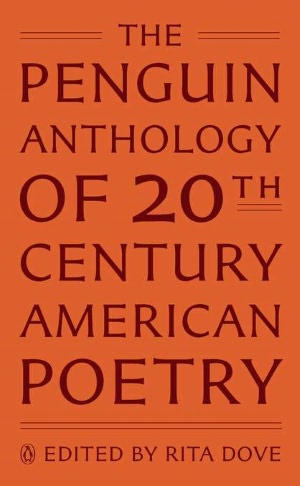
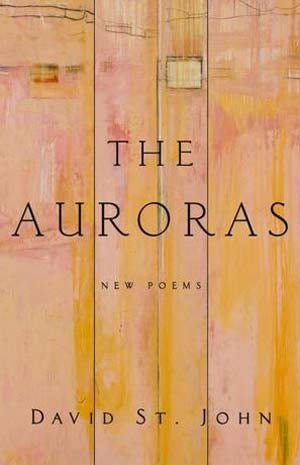
 About the Poet:
About the Poet:
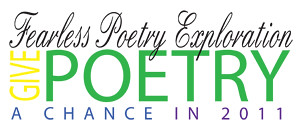
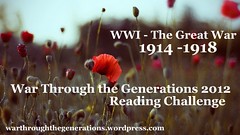 First, I’ll be signing up for the Wade level (4-10 books) in the WWI Reading Challenge at War Through the Generations. I know one of the books will be A Farewell to Arms by Ernest Hemingway since it is the book that we selected for the mid-year read-a-long.
First, I’ll be signing up for the Wade level (4-10 books) in the WWI Reading Challenge at War Through the Generations. I know one of the books will be A Farewell to Arms by Ernest Hemingway since it is the book that we selected for the mid-year read-a-long.